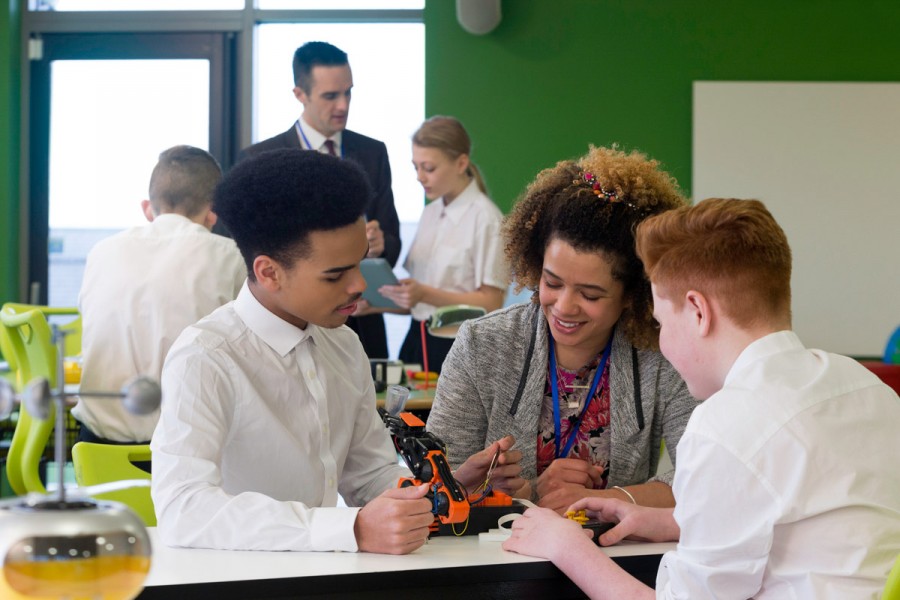Tools and tips for facilitators and helpers
Want to help people with career planning or job search but don't know where to start? Get tips on how to approach these topics and find useful tools including videos, exercises, interactive tools, quizzes and links to key sources of information.
What's on this page?
Career planning
To help with career planning, follow these three stages:
- encourage self-awareness – help people reflect and think about themselves
- explore the options – use job-matching tools for ideas, and use our databases and job profiles
- encourage goal-setting and action-planning.
Encourage self-awareness
Helping people to be more self-aware can better prepare them to make choices about their next steps, and whether they will be a good fit with their skills, interests and values.
Use job-matching tools for ideas
Use job-matching tools to help people generate ideas if they are still uncertain about the direction they want to take. Use listening skills and clarifying questions when discussing career ideas. Act as a sounding board, and ask people to explain their choices when talking things through.
Tools to help you:
- CareerQuest guide - generates job suggestions based on interests and skills
- Skill Matcher - provides job suggestions based on skills
- Subject Matcher - provides job suggestions based on subjects
Search our databases for key information
You don’t need to be an expert – you just have to know where to go to find out information. Our job profiles and courses database can help you search for information about entry requirements for jobs, the job market, and courses.
Tools to help you:
- Job profiles - search our database of over 400 jobs
- Jobs in skill shortage - find out which jobs are in high demand
- Course database - search our database of NZQA-approved courses
Encourage goal-setting and action-planning
Help people to identify next steps, keep track and meet their goals. Use action plans and checklists to help them work out what they need to do, and by when.
Tools to help you:
Dealing with challenges
For some people, real or perceived challenges can be a barrier when looking for work or making career decisions. To help them clarify these challenges and make it easier to identify and take steps to deal with them, you can use these Challenges card sorts.
CV preparation and job search
Effective job search comes down to helping people sell themselves well. That means helping them identify what they can say about themselves, and targeting their applications appropriately to jobs.
Focus on skills and achievements first
The hardest part for many people is identifying the skills they can offer employers. Do this before getting into the specifics of CV writing. Help your students reflect on what they have done during their course or training. Work experience, voluntary work and assignments can all contribute.
Help people target their CVs
Use sample job advertisements and role definitions to help identify what the employer is looking for and how a CV should be written to reflect it. Look for key words in job descriptions and help them use those in their CV. You can usually download role definitions from job vacancy websites.
The job descriptions from our job profiles can also help give ideas.
Try critiquing a sample of CVs
Try an exercise where people select from a sample of CVs and decide which is the best.
Use your networks
Use your networks to bring in employers to talk about the employer's point of view about CVs. Ask them what makes a good CV.
Help with writing a CV:
- CV Builder - create a CV online
- CV and cover templates
- CVs - getting started
- Just the Job video - how to research a job and write a CV
- Using my transferable skills worksheet (PDF - 163KB)
Job hunting preparation:
- How to get a job - job hunting information
- Job search basics (MS Word - 85KB) (PDF - 247KB)
- Just the Job video - how to pitch to potential employers on the phone
Job vacancies:
- Job vacancy websites
- Job profiles - check the chances of getting a job section for over 400 occupations
Ways of working and rights at work:
Interview preparation
The best way to prepare for an interview is to practise – and that means getting people to answer questions. Role plays and mock interview questions are a helpful way of getting people prepared.
If you can, follow up on how each interview went and encourage reflection on it to help next time around.
Tools to help you:
Contact careers.govt.nz
We're here from 8:30am to 5pm Monday, Tuesday, Thursday and Friday. On Wednesday we're open from 9:30am to 5pm. We're closed on public holidays.
Updated 11 Nov 2019
